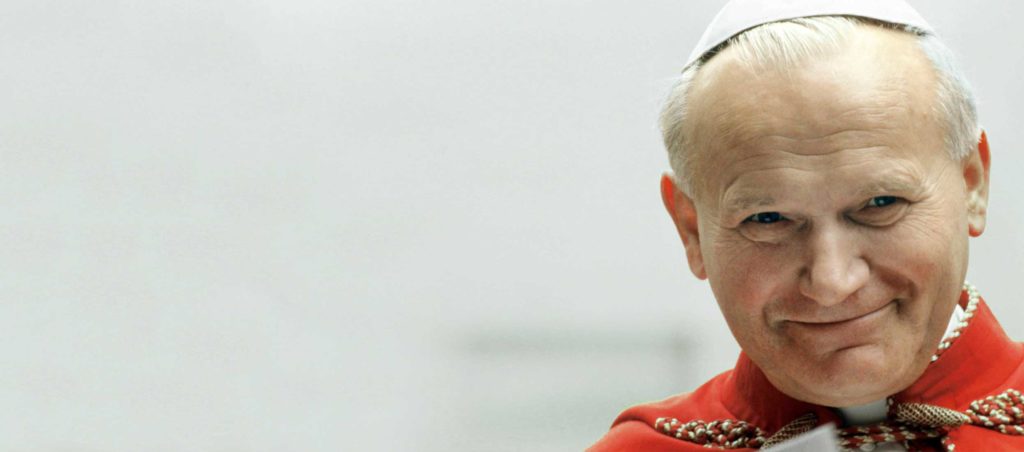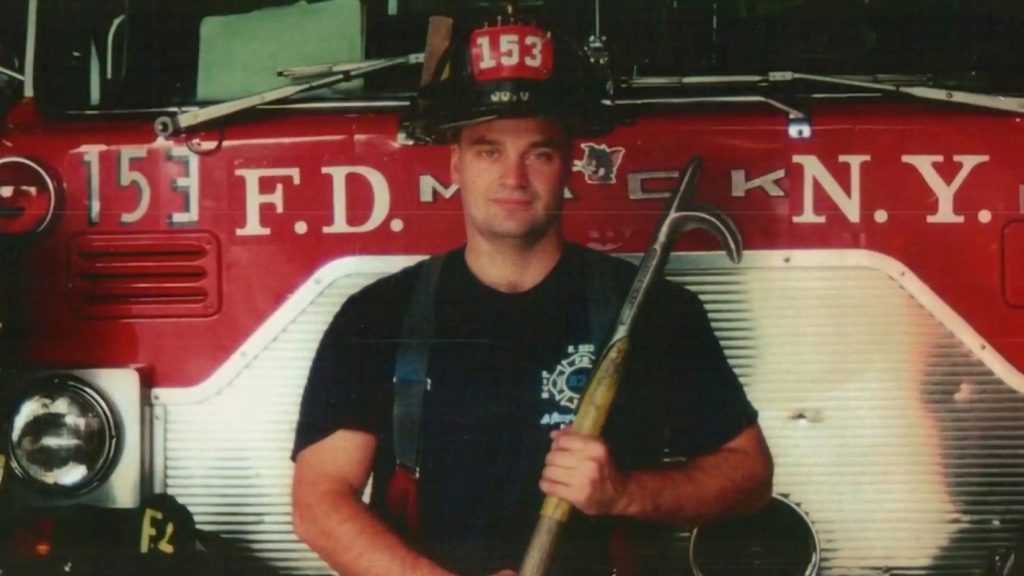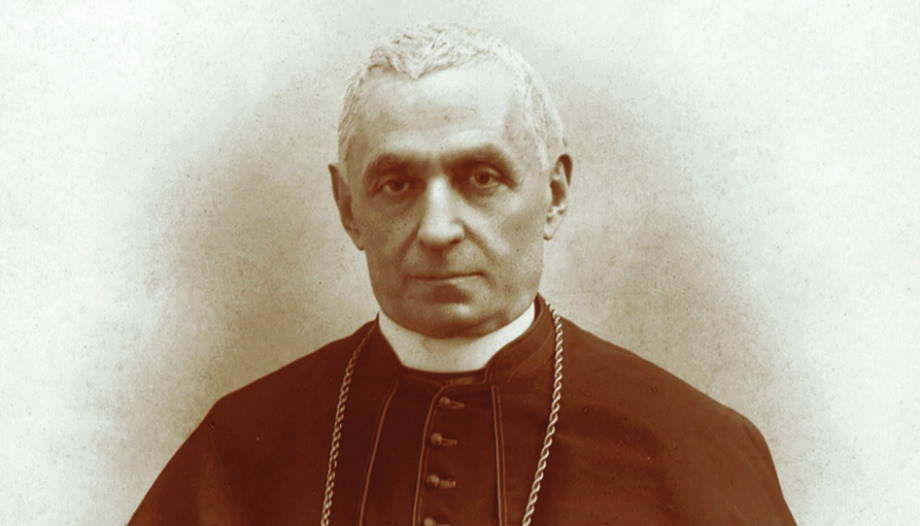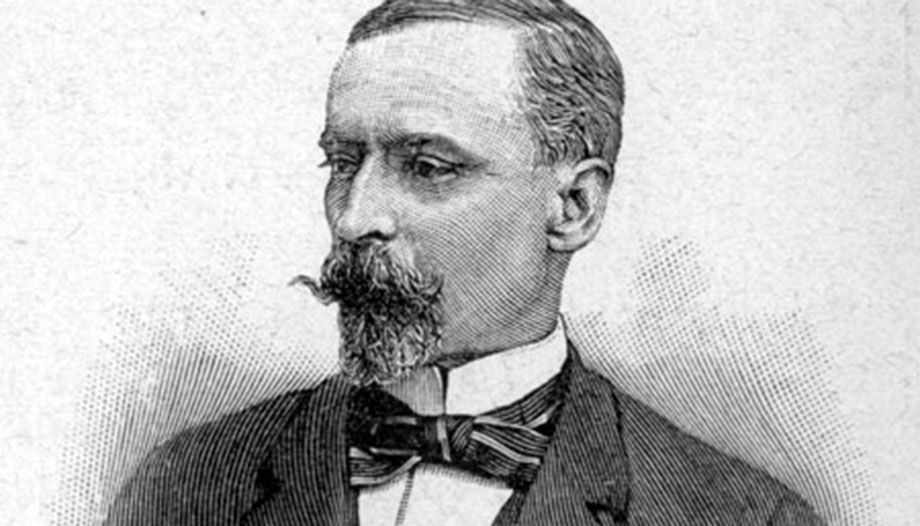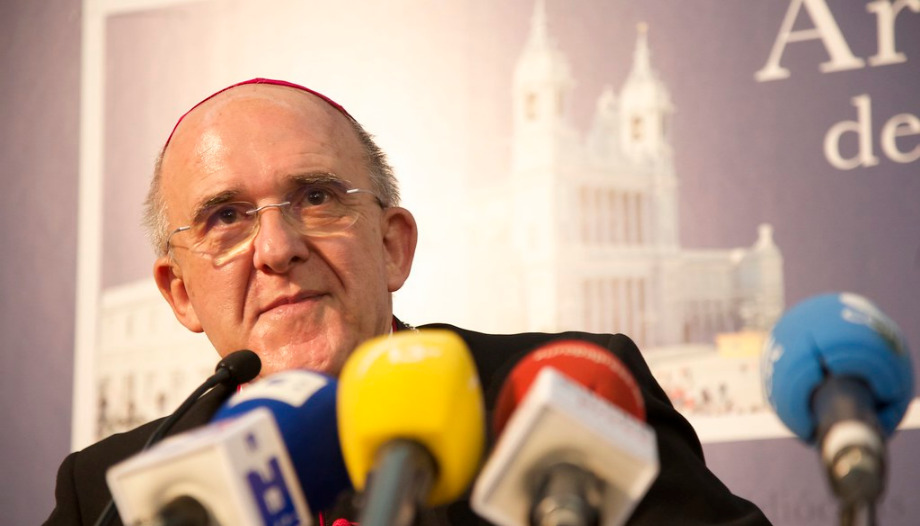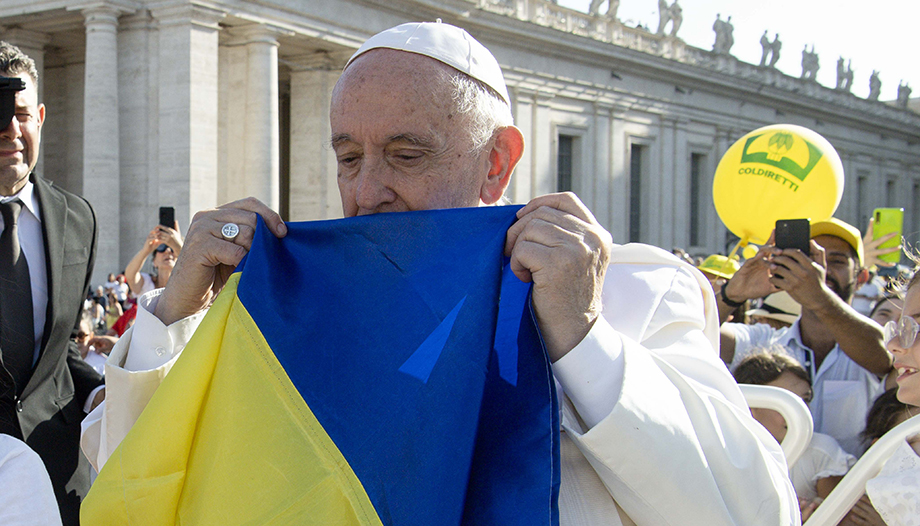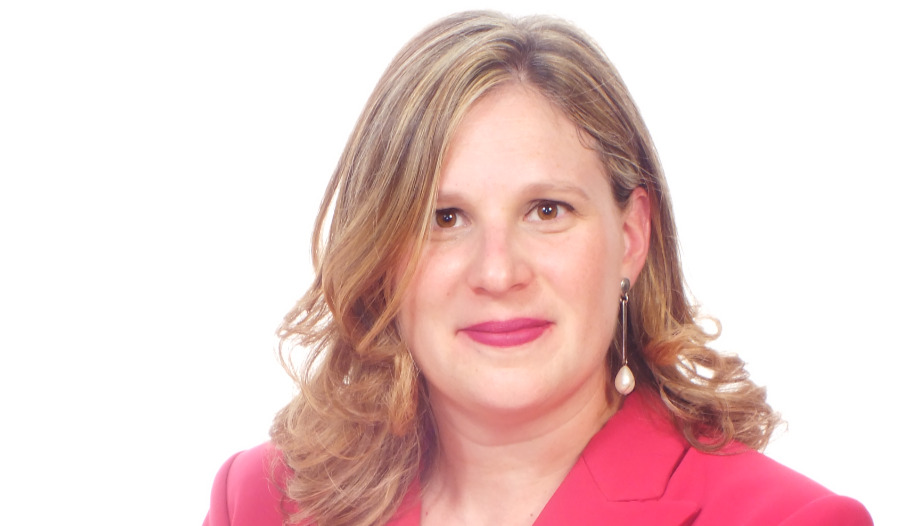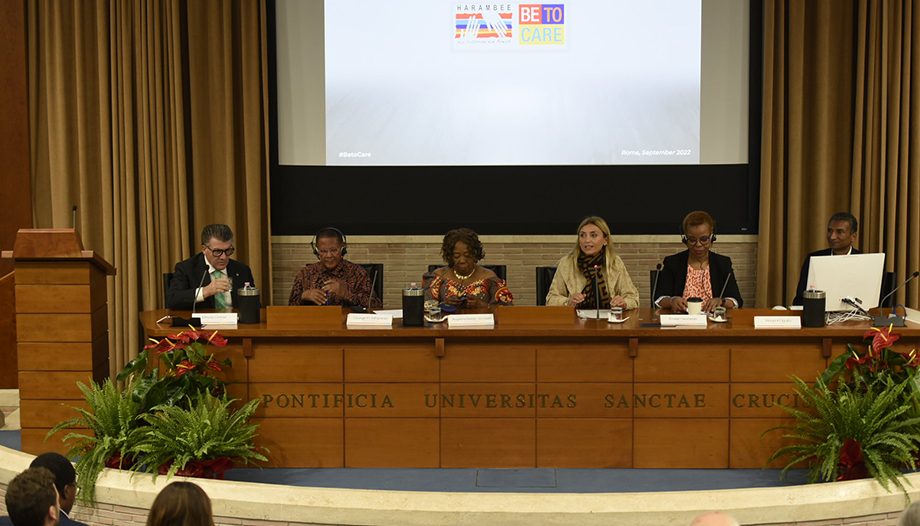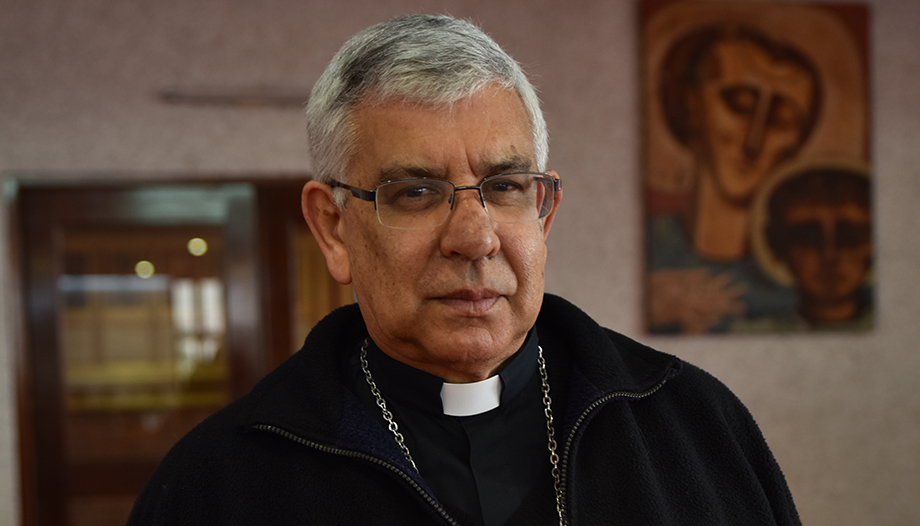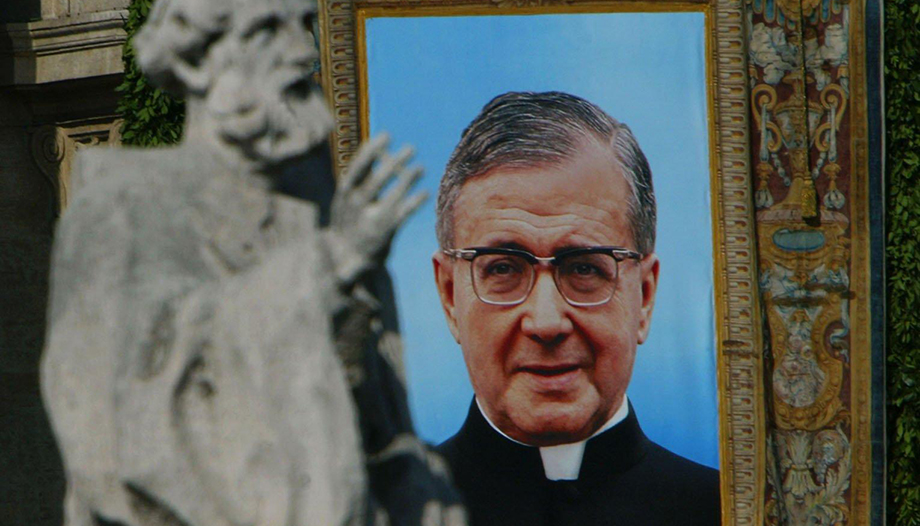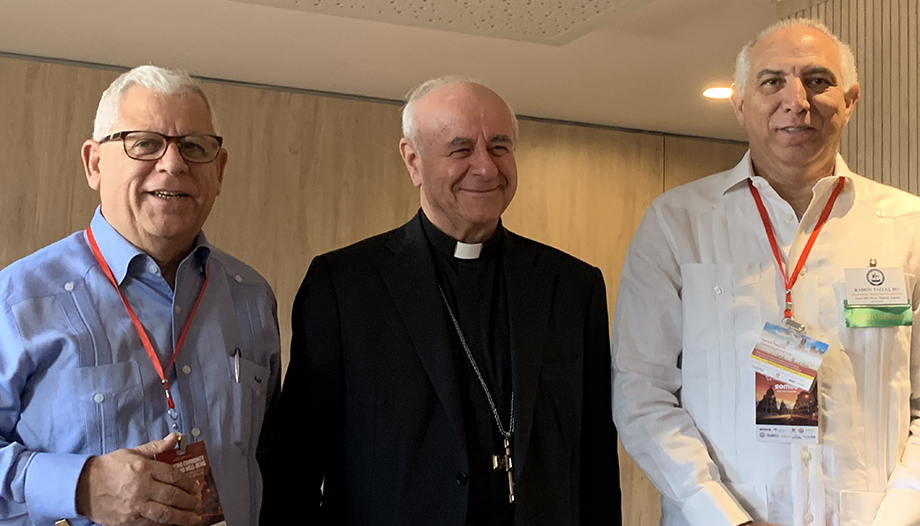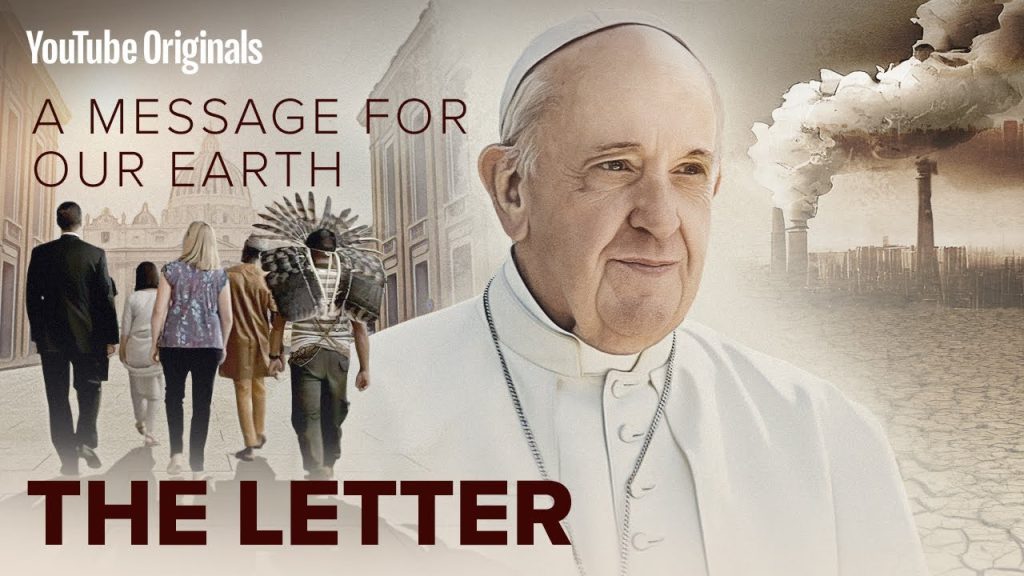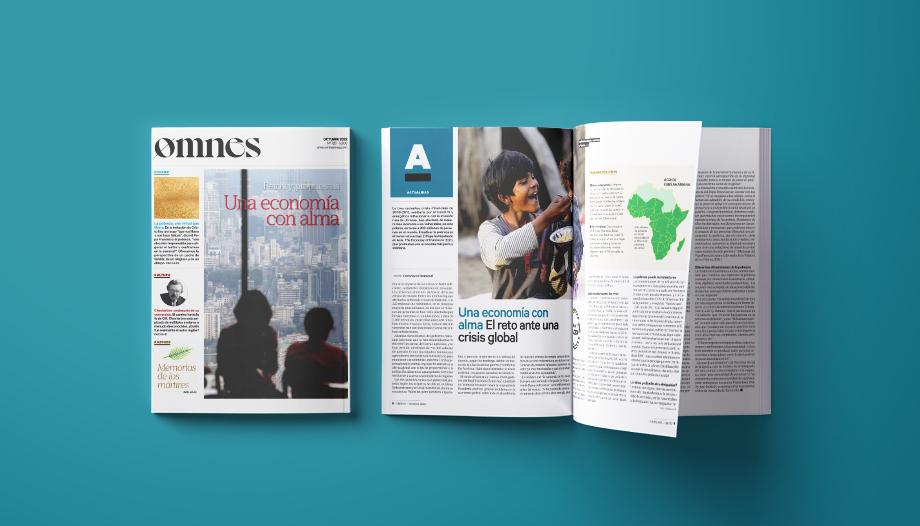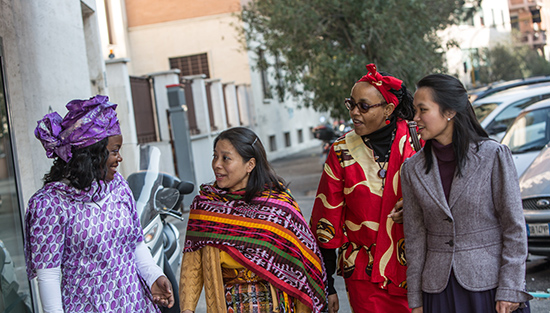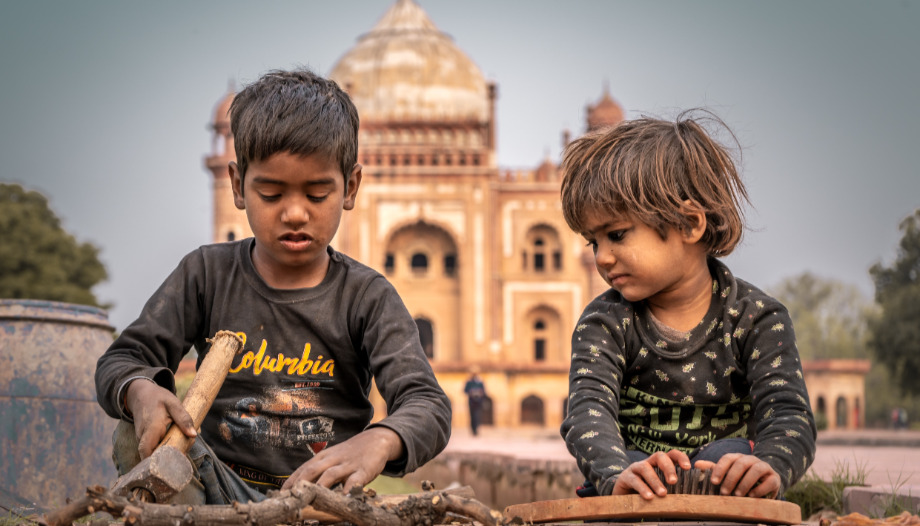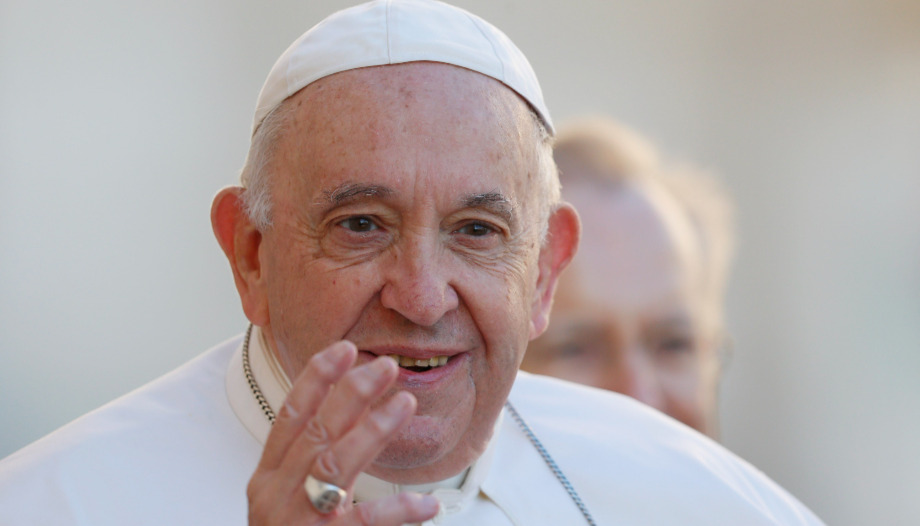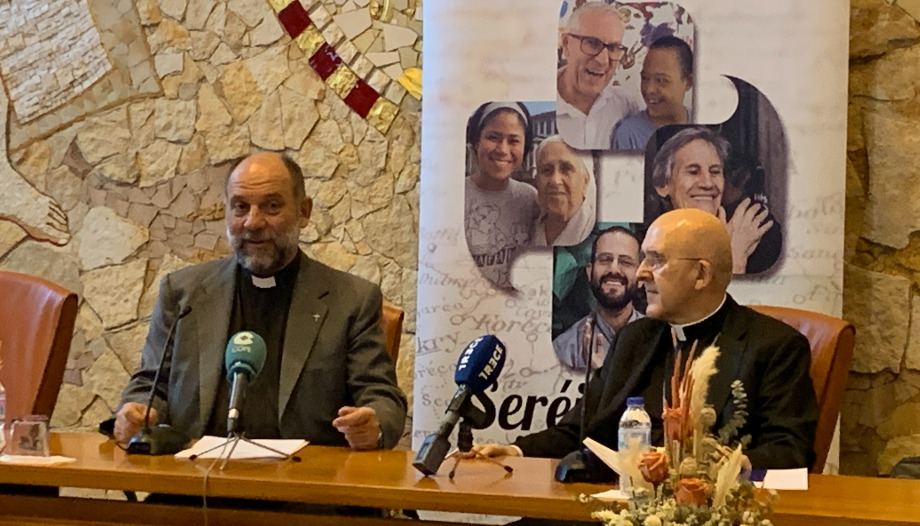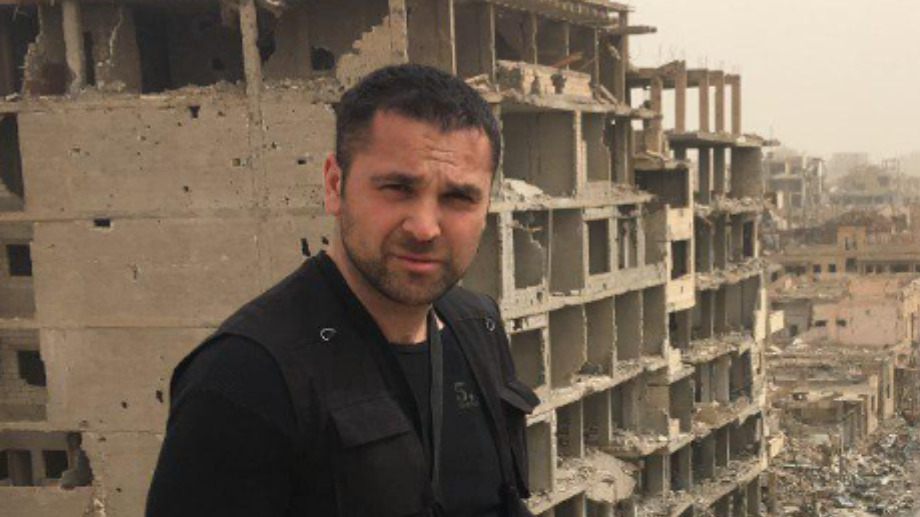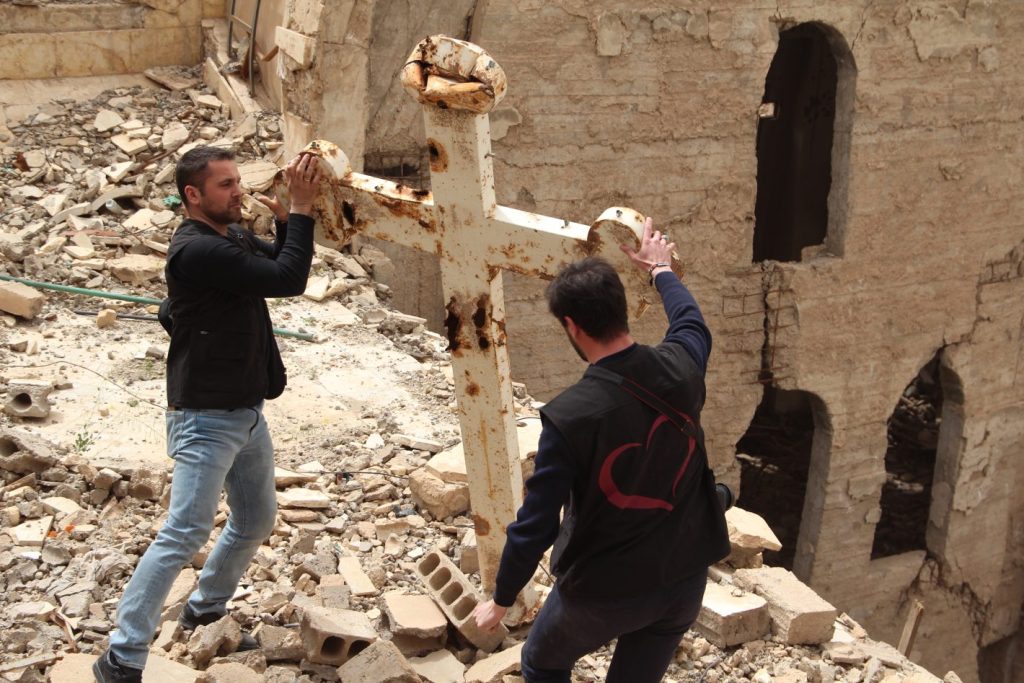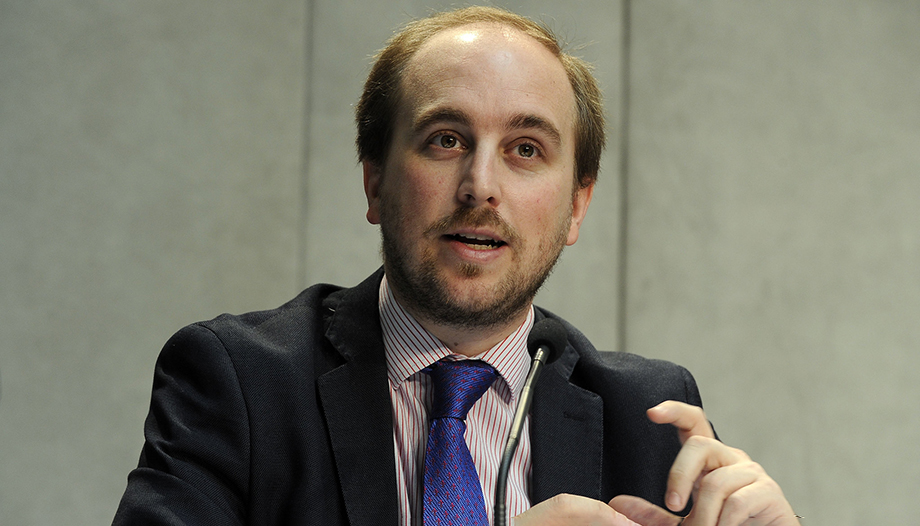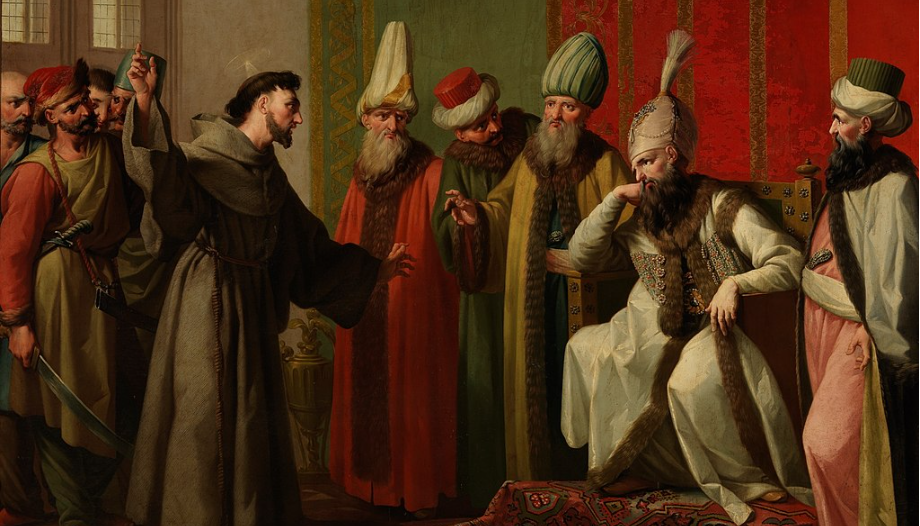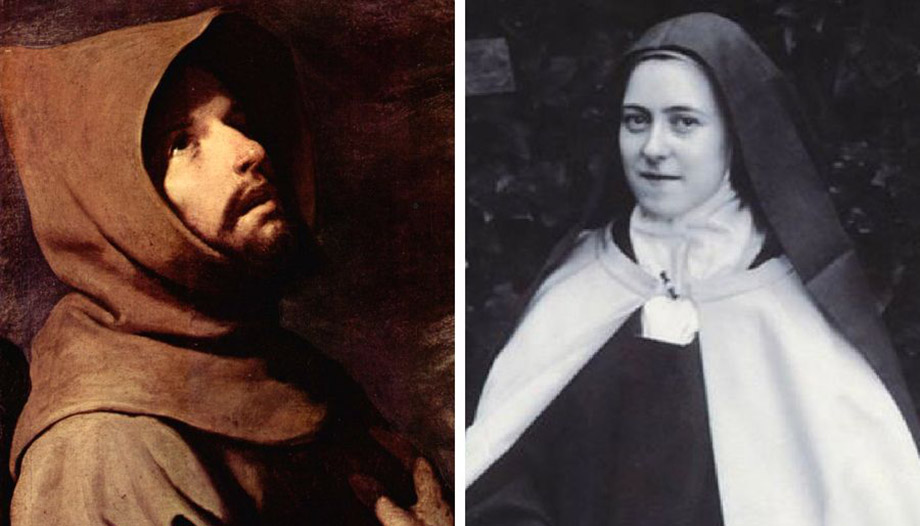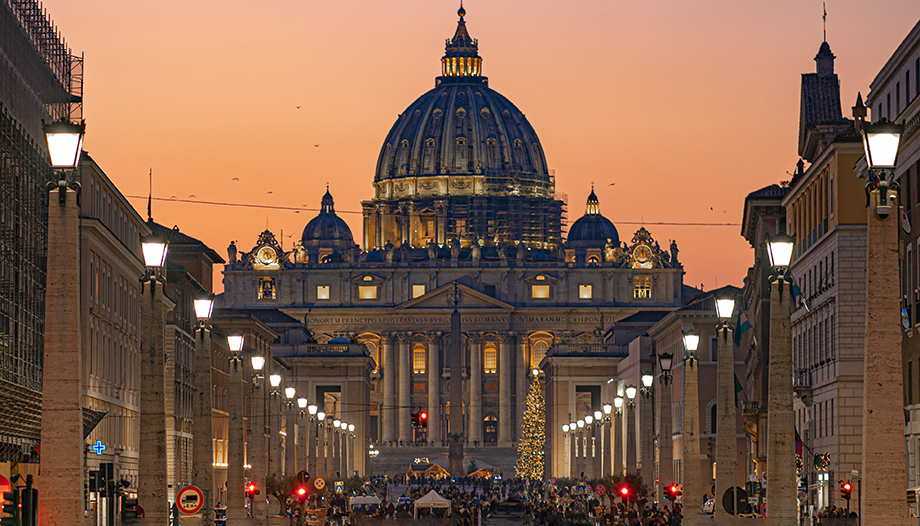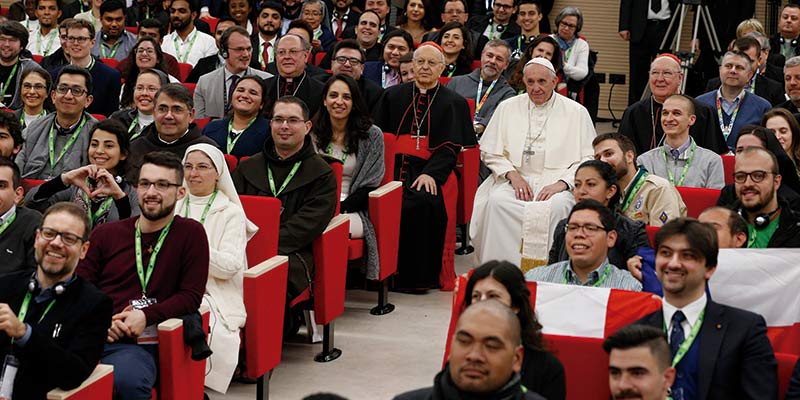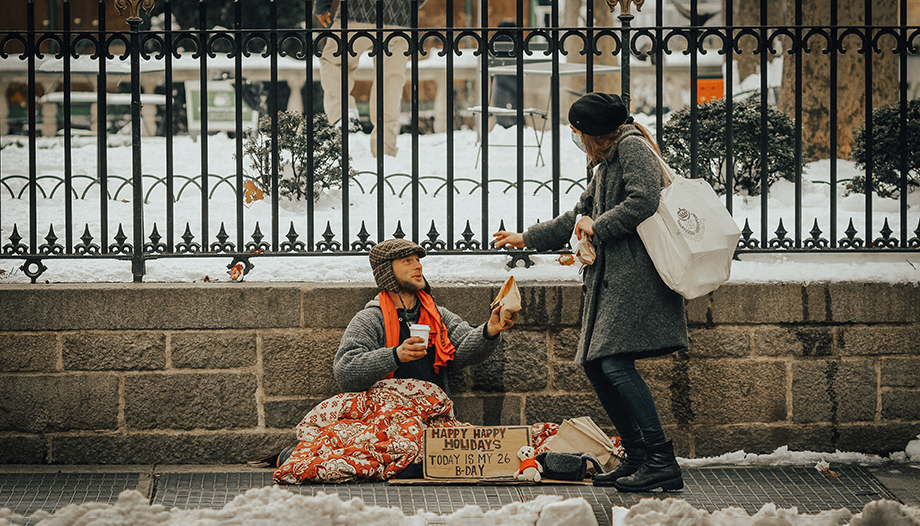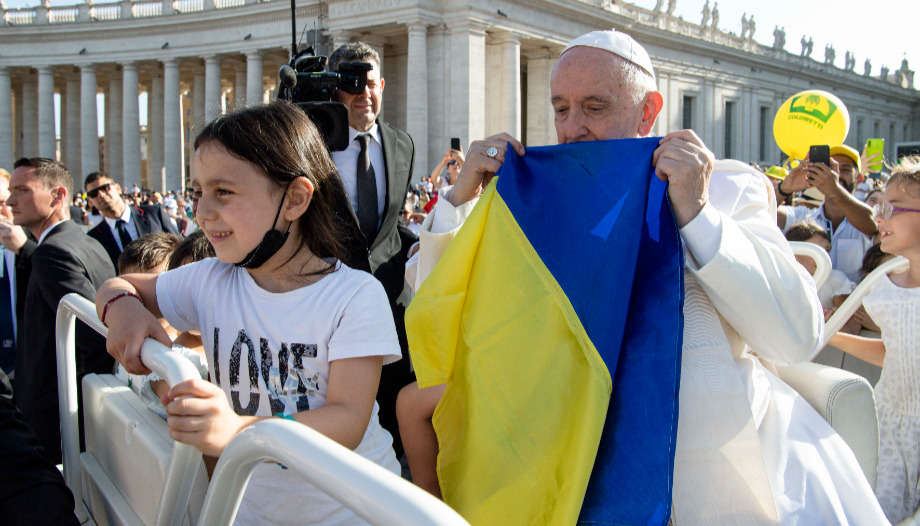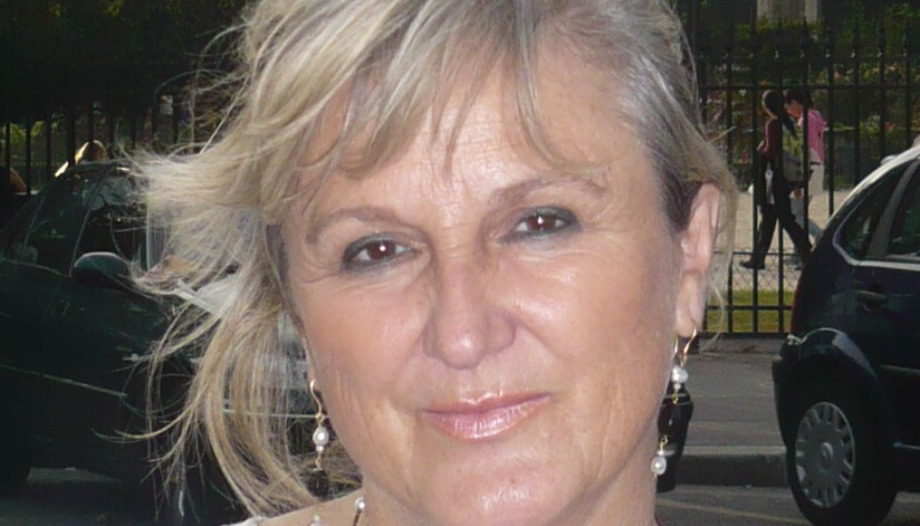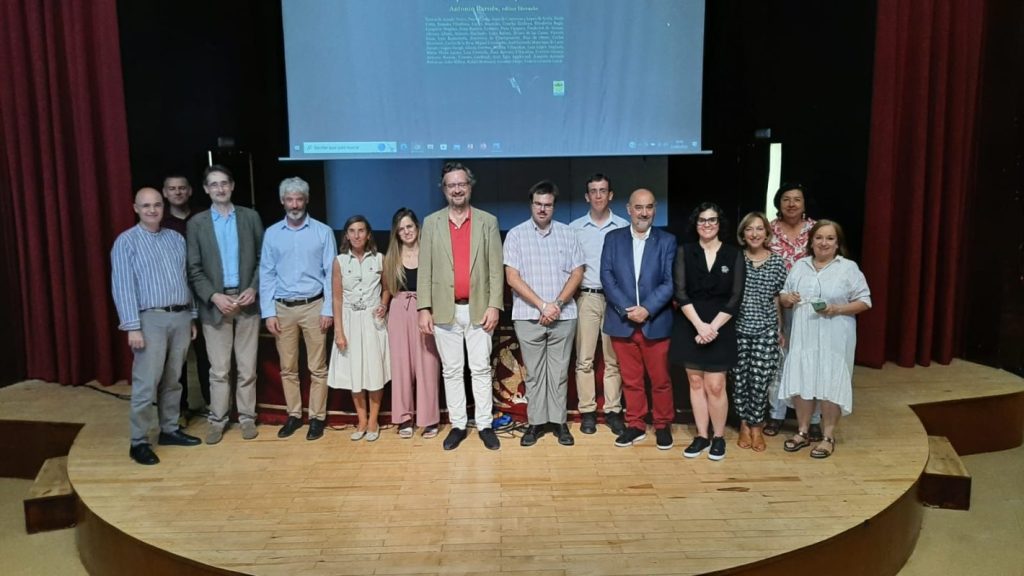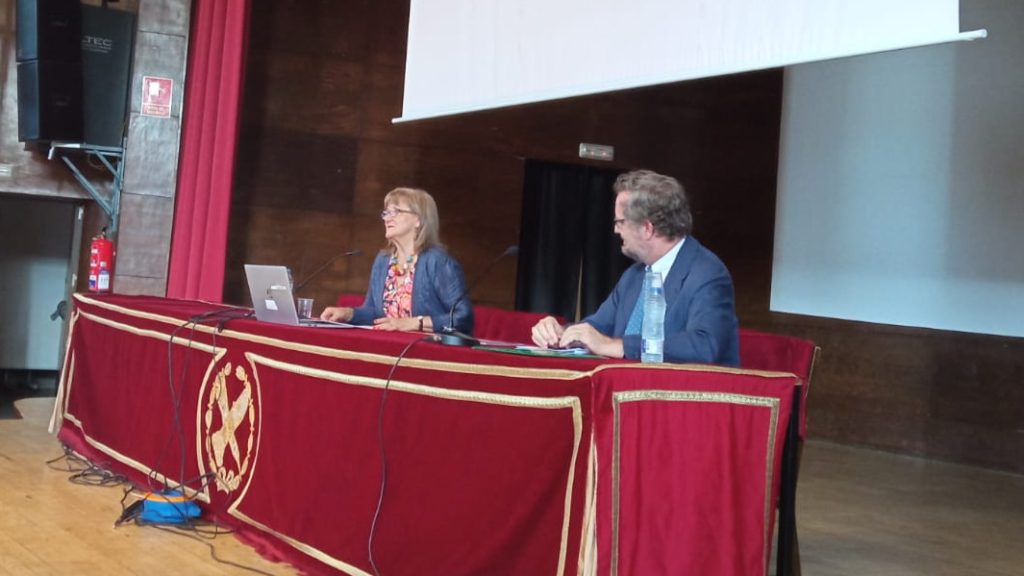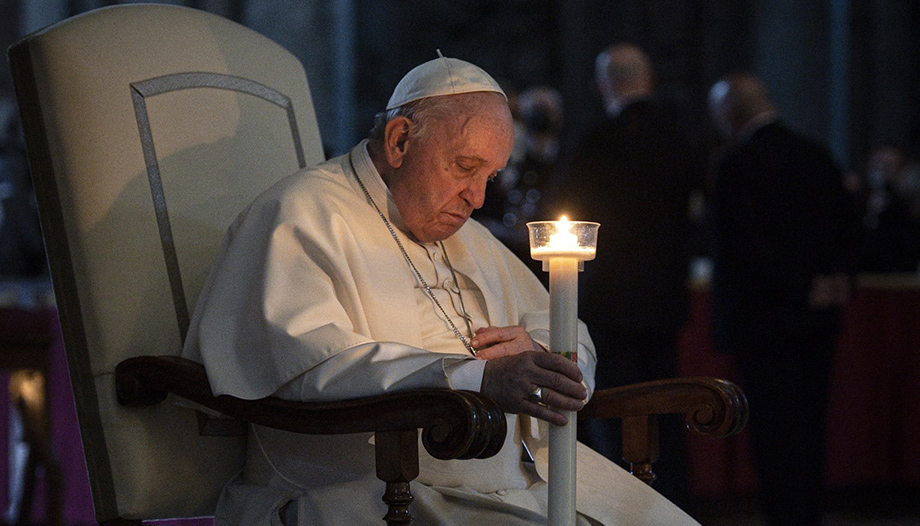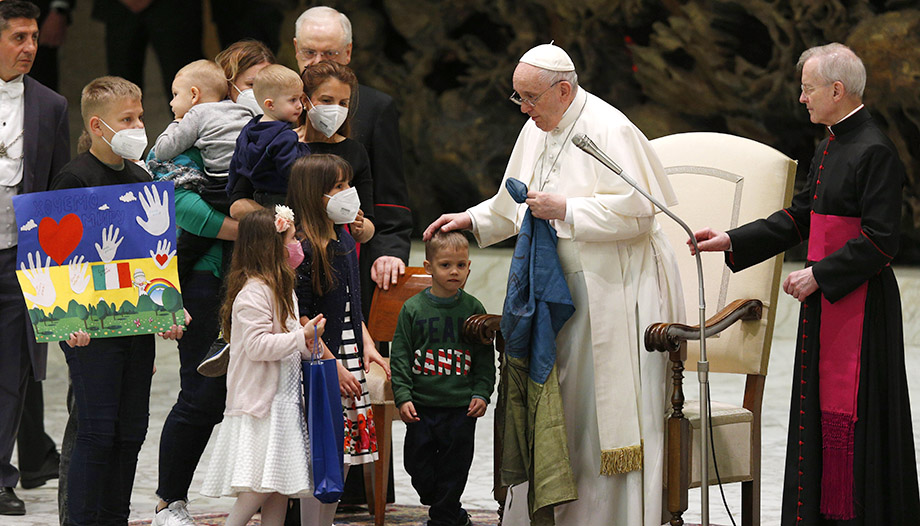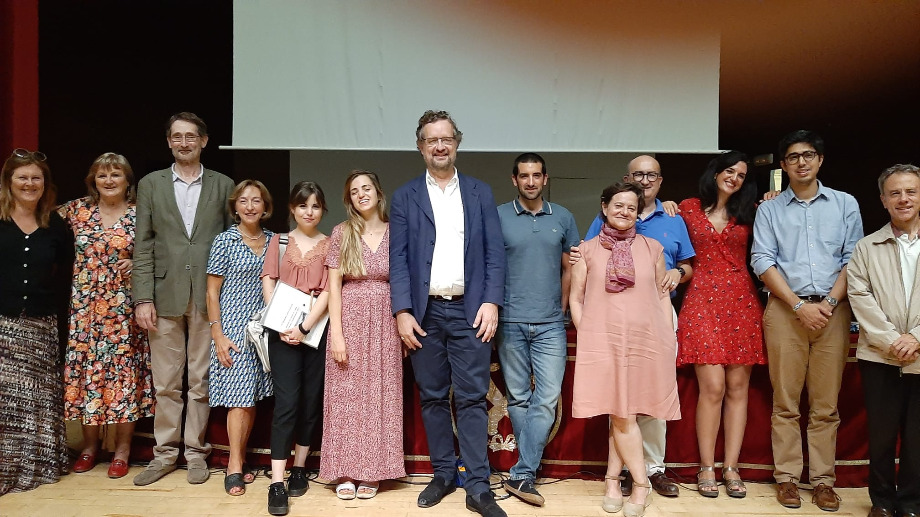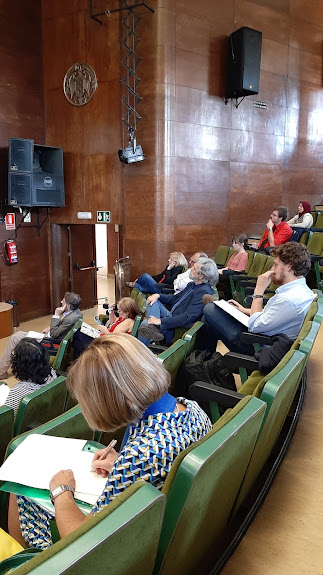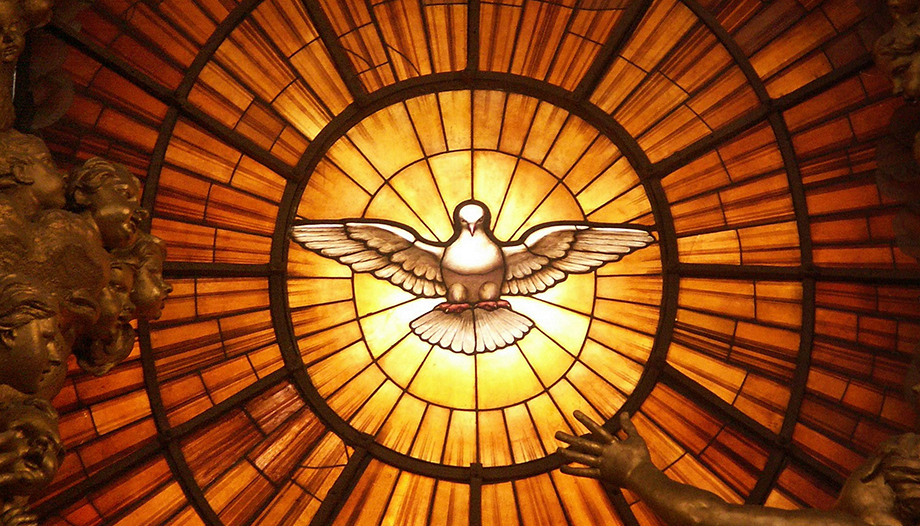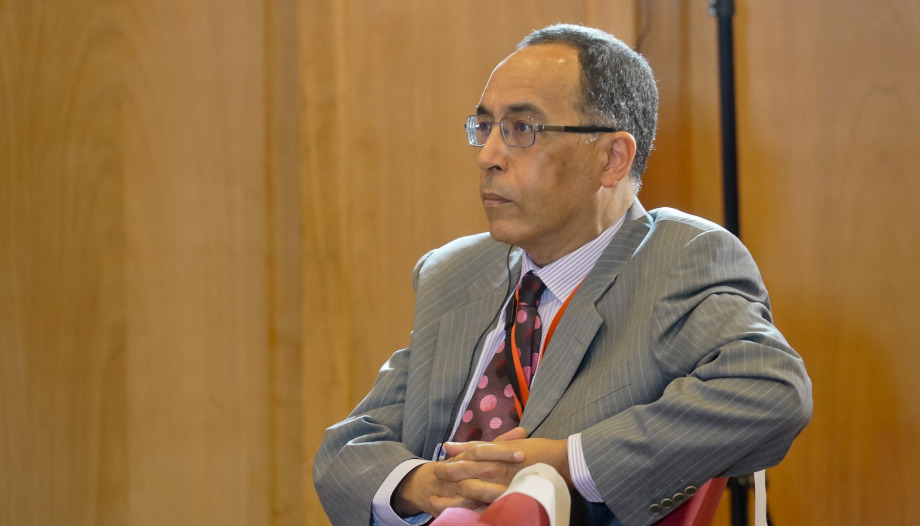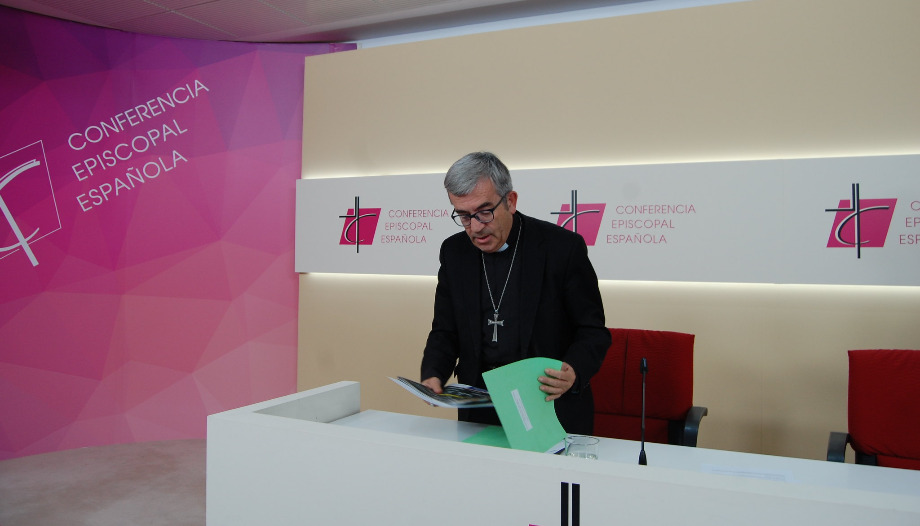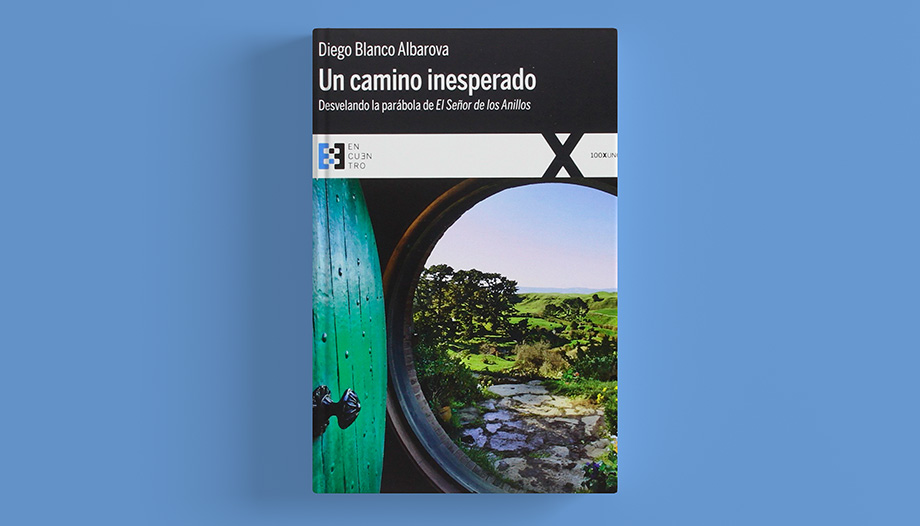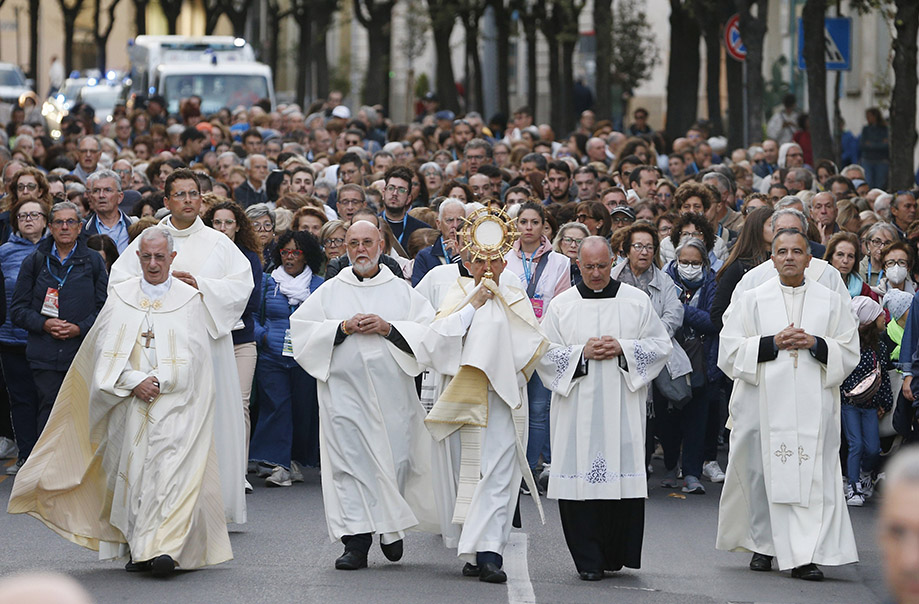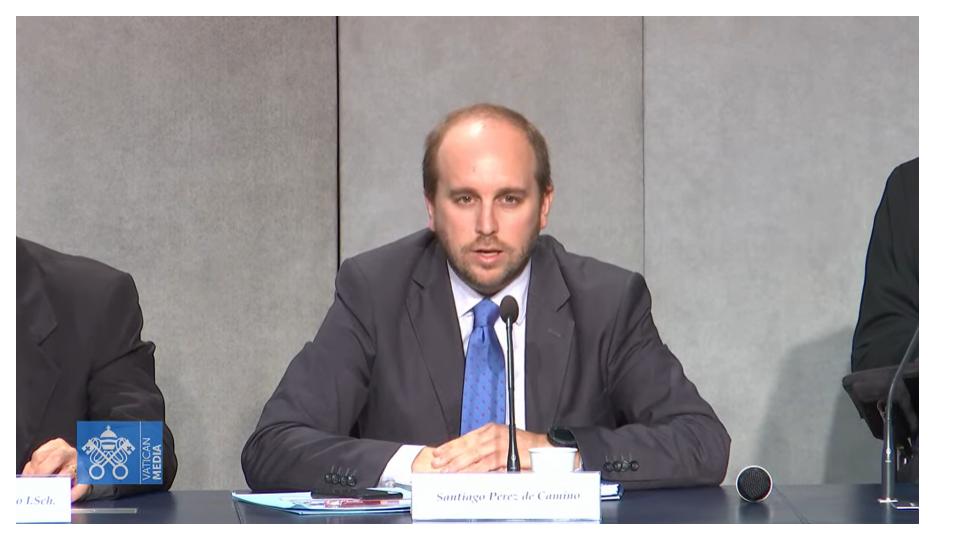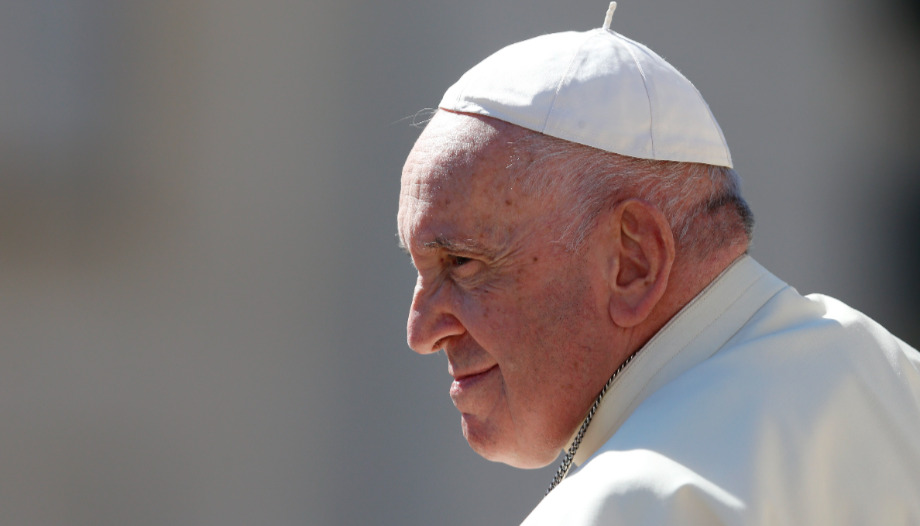A few weeks ago, when it was published the motu proprio Ad carisma tuendum Pope Francis on the personal prelature of Opus Dei, I had the opportunity to converse with some young people who were seeking to clarify certain doubts due to a series of comments on this pontifical norm and the institution to which it refers.
On this occasion, I chose to ask them what definition they would give to the term Opus Dei. Among the different answers they gave, I will keep one: it is an institution of the Catholic Church whose members seek holiness through work and everyday life. This definition will serve to comment on what a personal prelature is, its context and place in the Church, as well as to address some questions: whether it is a privilege for an elite of the Church and whether Opus Dei is a kind of "parallel Church".
Is personal prelature a privilege of Opus Dei?
On November 28, 1982, Pope John Paul II erected the Opus Dei into a personal prelature through the Apostolic Constitution Ut sit. Until that date, this institution had had the juridical figure of a secular Institute, in which we could find different ecclesial realities equated to religious institutes, that is, faithful of the Church who consecrate themselves to God through vows and live according to rules duly approved by the authority of the Church. Therefore, the following question naturally arises: why did St. John Paul II grant this new figure of personal prelature to Opus Dei? Is it perhaps a privilege? To answer these questions, we must first know what a personal prelature is and what the reality of Opus Dei consists of.
The figure of the personal prelature is relatively new, since it appears in n. 10 of the decree Presbyterorum ordinis, of the Second Vatican Council. There we read: "Where the consideration of the apostolate requires it, let there be made more feasible, not only the convenient distribution of priests, but also the pastoral works peculiar to the various social groups to be carried out in some region or nation, or in any part of the earth. For this purpose, therefore, certain international seminaries, special dioceses or personal prelatures and other such arrangements can be usefully established in which priests can enter or be incardinated for the common good of the whole Church, according to norms to be determined for each case, the rights of the local ordinaries always being safeguarded" (cf. canon 294 Code of Canon Law).
That is to say, it is a very flexible figure, oriented not only to the distribution of priests, but for particular pastoral works in which priests are incardinated, that is to say, they depend on it, in order to attend to that particular work or, in other words, to attend to a group of the faithful.
Thus, personal prelatures are figures that allow a better attention of the faithful according to that particular work, according to that need, unlike dioceses, which are characterized by the territory in which they are located. That is to say, the faithful of a diocese belong to that circumscription because they reside in that territory, and therefore, as far as the general mission of the Church is concerned, they will depend on the bishop of the place and will be able to enjoy the attention of the priests who are incardinated in that diocese.
On the other hand, the personal prelatures present a personal criterion, that is to say, wherever there is a member of the prelature who needs this special attention, he/she should be attended to.
This is what happens with the Eastern eparchies in territories of different rite, whose faithful require a peculiar attention due to the tradition to which they belong (Antiochian, Alexandrian, Chaldean, etc.). In these cases, what matters is the person more than the territorial criterion.
The personal prelature is a figure that has as its head a prelate, around whom there are some priests, whose mission is to attend to the faithful who require special attention, for example because of their particular conditions of life, their work, their vocation, etc. That is to say, the personal prelature is not understood if it is not with a group of faithful to whom to attend spiritually because, after all, that is the mission of the Church.
Thus St. Josemaría Escrivá, founder of Opus Dei, understood that this figure, the personal prelature, was the appropriate form for the reality of the Work, an institution whose charism consists in its members - the great majority of them lay people, the rest priests - seeking holiness through the fulfillment of ordinary duties, such as study or work, there in the midst of the world, as ordinary faithful, in the same way that the first Christians sought to be saints.
It was opportune for Opus Dei to have a juridical figure that would protect that charism, that mission and that peculiar physiognomy, where both men and women should enter, simply baptized men and women who are not religious (consecrated) nor resemble them, since they are ordinary faithful: lawyers, workers, cab drivers, businessmen, university students, teachers, domestic employees, etc. And this is precisely the second feature to guard, the fact that they are ordinary faithful, lay faithful to whom, as the Second Vatican Council points out, "it is their vocation to seek to obtain the kingdom of God by managing temporal affairs and ordering them according to God. They live in the world, that is, in each and every one of the duties and occupations of the world, and in the ordinary conditions of family and social life, with which their existence is as it were interwoven" (Lumen gentium, n. 31). These are persons who are in the midst of the world and in the whole world.
Since Opus Dei was divinely inspired and for the good of so many souls, it was only right to give it a juridical form in keeping with its nature. To this end, the founder had recourse to the authority of the Church.
St. Paul VI pointed out to St. Josemaría the advisability of waiting for Vatican II, and later circumstances also made it advisable to wait a little while. Finally, 17 years later, St. John Paul II granted Opus Dei the figure of a personal prelature, not without first carrying out a meticulous study on the advisability of doing so, we would say also on the justice of granting this request (for this purpose a meticulous study was made at the level of the congregations of the Roman Curia directly involved, passing through a joint commission, made up of experts from the Holy See and Opus Dei in order to respond to all the questions that could arise, until reaching the Pope's signature). According to the charism, mission and spiritual physiognomy of Opus Dei, the personal prelature was indeed the appropriate figure.
From what has been said so far we can raise a new question, if the personal prelature is not a privilege given to Opus Dei, why is it the only personal prelature so far?
The final answer can only be given by God. However, we can say a couple of things. In the first place, the personal prelature is an open figure, which can also serve for other realities that require it; in fact, it is regulated in a generic way in canons 294 to 297 of the Code of Canon Law, which also foresee that the statutes of each one of them go down to the specific details. Therefore, it has not been conceived only for Opus Dei, nor is it limited to it.
It should also be remembered that in the Church years are counted by centuries, that is to say, personal prelatures are new in the Church, and furthermore (this is the second idea) this figure has its own characteristics that cannot be applied to all ecclesial realities without a careful study of its suitability.
Is Opus Dei for the privileged few?
From the previous point, perhaps it could be erroneously interpreted that the personal prelature of Opus Dei would be for the privileged, since it is designed for people who require a special attention, a special work. Instititively, "peculiar" can make us think of exclusivity or privilege, which alludes to an exemption from an exclusive obligation or advantage that a person enjoys, which has been granted by a superior.
Who can belong to Opus Dei? According to the statutes of Opus Dei (Statuta), the first condition is that, in order to belong to this personal prelature, a divine vocation is required (cf. Statuta, n. 18).
It is not strictly speaking a privilege, but rather an element that allows us to differentiate who can be part of this institution, which is a special work precisely because of its charism and mission - to contribute in a specific way to the proclamation of the universal call to holiness - and the divine call that its members have.
Therefore, people of all social strata, of the most varied conditions, races, professions, etc., who have received from God a specific vocation to seek holiness in the midst of the world, in their daily occupation or work, in that concrete path, which demands a particular pastoral attention, can and should belong to Opus Dei.
The official data found in the 2022 Pontifical Yearbook tells us that 93,510 faithful Catholics belong to this prelature. This is not a small number for an institution that has not yet completed a century of existence.
This does not mean that people who do not have a vocation to Opus Dei cannot benefit from the spiritual goods of the Prelature. As its founder said, the Work is a great catechesis, that is to say, the institution and its members are dedicated to giving Christian formation through different means.
Logically, this formation is directed to all persons, where it would make no sense to make any distinction between persons or closed groups, since the mission is to spread the universal call to holiness and apostolate, universal, not particular, not closed. To direct this message or this call to a privileged group would be totally contrary to its charism and mission (cfr. Statuta, n. 115).
We have repeatedly spoken of a mission, a charism and a vocation. Since we have presented the mission above, let us see what that vocation and charism consist of.
A vocation is a divine call, which requires a process of discernment, something that Pope Francis emphasizes in his public interventions and in his catechesis.
This vocation is linked to a charism and presents certain characteristics of the spirit of Opus Dei, which are not based on social or economic status, physical or cultural traits, etc., but rather on a series of supernatural traits such as divine filiation, sanctification of work, lay spirit, and the Holy Mass as the center and root of the interior life, among others.
Is Opus Dei a Church within the Church?
On one occasion a person commented to a member of Opus Dei that Opus Dei members are characterized by their opposition to abortion. He explained that abortion is not something that Opus Dei opposes as something of its own, but because it is part of the teachings of the Catholic Church, as stated in the Catechism. This anecdote describes very well the idea that we can find in some cases that Opus Dei is a group apart from the Church. Thus it is understood that the granting of the personal prelature by St. John Paul II is understood by some as a privilege, so that it is a kind of Church within the Church.
However, this is not something that can be admissible in the structure of the Church, which has as its supreme authority the Roman Pontiff and the Apostolic College with the Pope at its head (cf. canons 330-341 of the Code of Canon Law).
Thus, the pope exercises his power universally, being the bishop of Rome. For their part, the bishops exercise their power within the limits of their diocese and in the context of the episcopal college. Whether it is the Pope or the bishops, they all exercise this power in accordance with the mission received from Jesus Christ, in this triple function: to teach, to sanctify and to govern.
For John Paul II to have granted a privilege to Opus Dei through the personal prelature would be a contradiction to the structure we have outlined.
In fact, the norm that creates the personal prelatures clearly indicates that this figure must be given "with the rights of the local ordinaries always being preserved" (Presbyterorum ordinis, n, 10). That is to say, in its initial configuration, the personal prelature is designed to coexist peacefully with the power of the bishops wherever they work and the power of the prelate refers only to the ends of the prelature.
This is not only due to a relationship of justice, but is also a logical consequence of the fact that the faithful of Opus Dei are ordinary people, who must seek holiness wherever they are, precisely in the dioceses where they live, taking into account, for example, that no one is baptized in the prelature, but in a parish that is a part of the diocese, that portion of the people of God.
In other words, since the faithful of Opus Dei are ordinary people, they should not be exempt from the power of the bishop (note that the faithful of Opus Dei belong primarily to the diocese in which they live), or form a separate group in the diocese or in the parish, but rather they should live in the Christian environment in which they move.
At the same time, these people, because of the specific vocation they have, require their own attention, according to their charism, but above all, each of these faithful, men and women, should sanctify their office, work or task wherever they are, according to the spirit proper to Opus Dei.
In practice, according to the norms of Church Law and the juridical configuration of the Work, Can Opus Dei become a parallel Church? To explain this we must speak of the person who directs the personal prelature, the prelate.
The personal prelature receives its name precisely from the prelate, who has been placed in charge of this institution to guide it in its mission, for which reason, he is invested with a series of capacities with a view to achieving this end, a strictly supernatural purpose. However, these capacities are well delimited, since they are already limited by the power exercised by the Pope in every Church and that of the bishops in their respective dioceses.
Therefore, the abilities of the prelate are limited or circumscribed to the mission of the Prelature and are not sufficient to say that we are in front of a parallel Church. Thus, the prelate can ask his members to take special care in attending Holy Mass, as the center and root of the interior life, in order to identify more closely with Christ.
On the other hand, he cannot impose on the members of the prelature to change their work, any more than the Pope or the bishops can, because it is not within their competence, much less ask them to disobey the norms dictated by the Roman Pontiff or the bishops in communion with the Pope.
The motu proprio Ad charisma tuendum is not a norm that has deprived Opus Dei of any privilege it may have had. This institution of the Church continues to be a personal prelature in conformity with the norm given by John Paul II, the apostolic constitution Ut sitThe Foundation's Statutes, as well as its Statutes approved by the Holy See.
Moreover, this motu proprio emphasizes in a special way the charism received by St. Josemaría and the importance of this work of God in the Church's evangelizing mission, as Pope Francis says: "In order to safeguard the charism, my predecessor St. John Paul II, in the Apostolic Constitution Ut sitof November 28, 1982, erected the Prelature of the Opus Deientrusting him with the pastoral task of contributing in a special way to the evangelizing mission of the Church.
According to the gift of the Spirit received by St. Josemaría Escrivá, in fact, the Prelature of the Prelature of the Opus Deiunder the guidance of its Prelate, carries out the task of spreading the call to holiness in the world through the sanctification of work and family and social commitments" (introduction).
To this end, he stresses the importance of the clerics (priests) incardinated in this prelature with the organic cooperation of the lay faithful. The latter is of vital importance, because both clerics and laity are called to perform different functions according to their own status in the Church, therefore, the lay faithful demand the ministry of the priest, and the priesthood exists precisely to serve those faithful of the prelature, as well as all those who approach their apostolates.
The one and the other are mutually demanding, under the unity of a prelate who guides them according to the same charism and the same vocation, in the same boat of the Church.





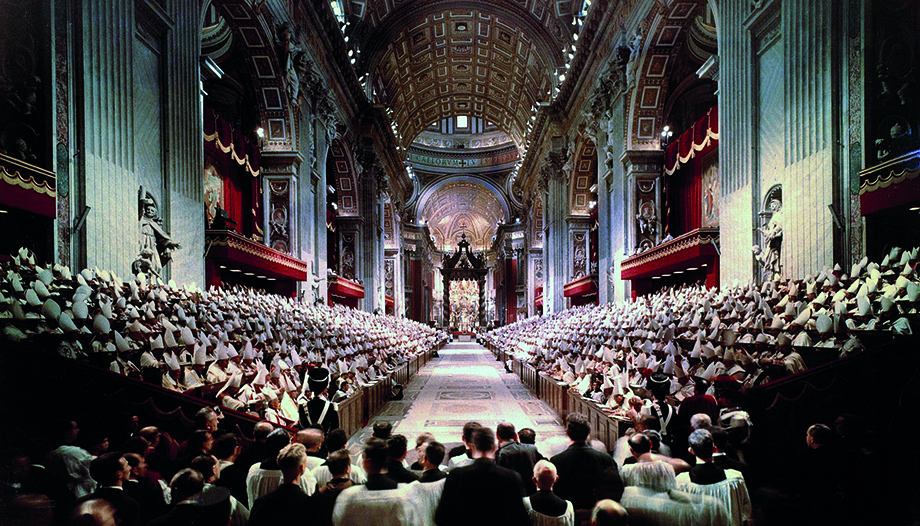






 Some current tasks for moral theology
Some current tasks for moral theology